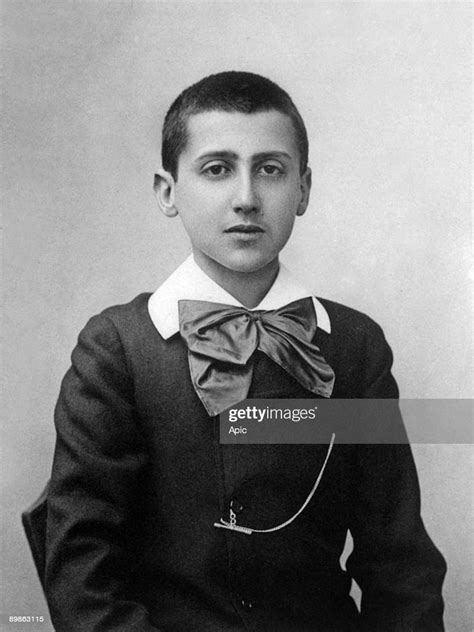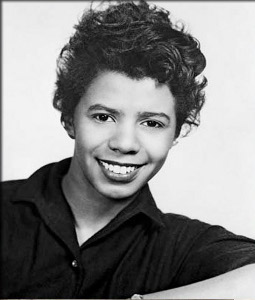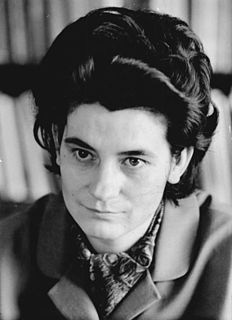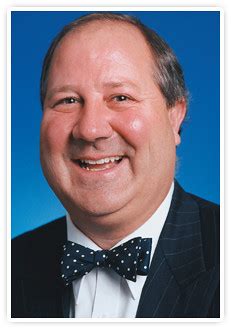A Quote by Sarah Weinman
Beginning in the 11th century, a less-fragmented Europe began to take shape, and what we now call medieval culture - in which literature and learning made a noticeable rebound - spread through much of the territory Rome had once dominated.
Related Quotes
In less than a century after the barbarian nations settled in their new conquests, almost all the effects of the knowledge and civility, which the Romans had spread through Europe, disappeared. Not only the arts of elegance, which minister to luxury, and re supported by it, but many of the useful arts, without which life can scarcely be contemplated as comfortable, were neglected or lost.
One of the most persistent fallacies about the Christian Church is that it kept learning alive during the Dark and Middle Ages. What the Church did was to keep learning alive in the monasteries, while preventing the spread of knowledge outside them... Even as late as the beginning of the nineteenth century, however, nine-tenths of Christian Europe was illiterate.
The discussion which was made by Luther, Melancthon, and the other persons who preceded the Reformation, opened the eyes or the public; and they got rid of the delusions which had been spread by the Pope of Rome, and emancipated mankind from the spiritual tyranny they were under, and brought about the establishment of that religion which we now enjoy in this country.
I don't think that we are completely dominated by what we have inherited from the past, but it is the case that as far back as you can go - just to Homer, but also to the literature of Rome, the literature of the Middle Ages and Renaissance - what you will find is that women's voices are not taken seriously.
My books have done extremely well, I know. But I don't honestly feel much different from when I began to write. I still think we have a long way to go. I suppose my name means more in Nigeria today than it did five years ago. But I feel the job that literature should do in our community has not even started. It's not yet part of the life of the nation. We are still at the beginning. It's a big beginning, because now we are catching the next generation in the schools. When I was their age, I had nothing to read that had any relevance to my own environment.
The century would seek to dominate nature as it had never been dominated, would attack the idea of war, poverty and natural catastrophe as never before. The century would create death, devastation and pollution as never before. Yet the century was now attached to the idea that man must take his conception of life out to the stars.
The other shape, If shape it might be call'd that shape had none Distinguishable in member, joint, or limb; Or substance might be call'd that shadow seem'd, For each seem'd either,--black it stood as night, Fierce as ten furies, terrible as hell, And shook a dreadful dart; what seem'd his head The likeness of a kingly crown had on. Satan was now at hand.
In the 20th century, we had a century where at the beginning of the century, most of the world was agricultural and industry was very primitive. At the end of that century, we had men in orbit, we had been to the moon, we had people with cell phones and colour televisions and the Internet and amazing medical technology of all kinds.

































